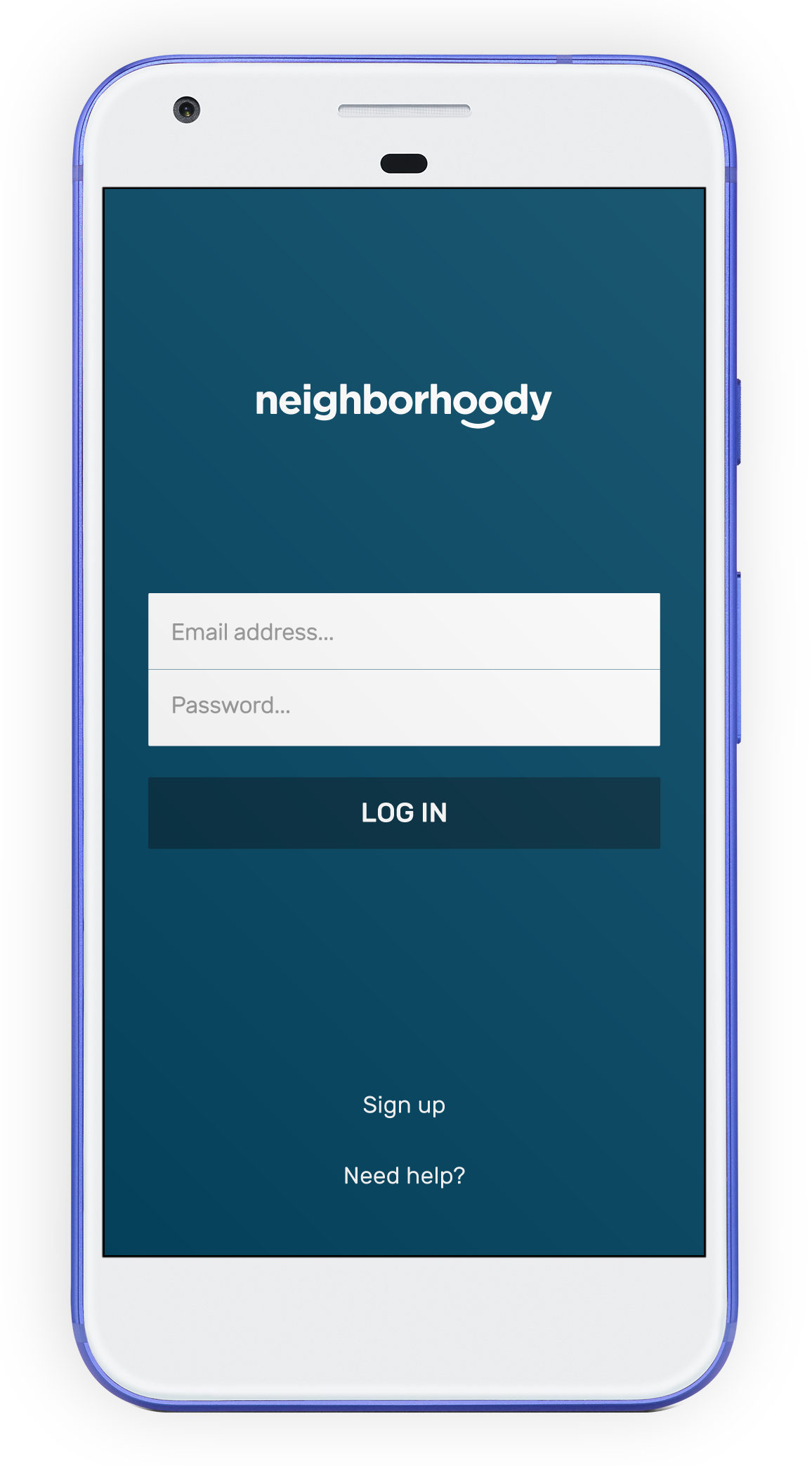Is a majority of one generation within the workplace better than the other?
Why are we even arguing who is better? Instead, we should be leveraging strengths instead of arguing about weaknesses.
I’ve been hearing a lot of conversation circling around which generation should be considered the “alpha” in the workforce. Is it the Baby Boomers – those who grew up with the idea of the “American Dream”? Or, perhaps it’s Generation X – who watched their parents’ dreams fall, and they were forced to pick up the pieces. Do I dare ask if it’s the Millennials – those with absolutely nothing standing in the way but their own stubborn egos?
Finding a Balance between Output and Focus
Each generation has pro’s and con’s when it comes to work ethic. Stereotypically, older generations carry years of wisdom and experience, but they can get stuck in their ways and may fear change. Millennials, the lazy of the bunch, grew up during the tech revolution and may have trouble with stability, due to their need for instant gratification and constant change.
To answer this question, I think it depends on what the definition of “hard work” means to you. If you’re from Gen X, you might have the “first one to the office, last one to leave is a winner” mentality. If you’re a millennial, maybe your idea of “hard work” is participating in a hackathon with your friends – spending day and night building a functioning product in just one weekend. But who’s to say that one is better than the other?
The answer will always be based on personal opinion, experience, and bias. The question we should really be focusing on is, “what set of values should we be looking for in a team or industry?” This is where the gap has the ability to bridge, no matter how extremely diverse a group is. If a team works in parallel towards the same goal while sharing similar values, each individual has a major role in reaching that communal success.
Mentees Need Mentors
As a millennial (who has reached full maturity), I personally keep successful elders close to me, as they’re my advisors who have likely faced my current pain points already. This comment may be bias, but sometimes I think it’s harder to convince older generations the benefits of having millennials on their team. Sure, we work unconventional hours and are always looking for shortcuts or ways to automate processes. Why not embrace it though? Wouldn’t your business benefit from increased speed?
Mentors Need Mentees
HOA Management is a perfect example of a non-millennial-heavy workforce population. It has been brought to my attention that a common theme amongst the crowd is that there’s hesitation to pass the torch off to younger generations. What makes them uneasy? Maybe the lack of trust is sprung from millennials missing the motivation, empathy, or the customer service skills that are imperative to keep management companies successful. Or maybe, the right technological tools just haven’t been put in place yet.
Leverage Each Other’s Strengths, Not Weaknesses
With the world’s ever-changing technology, perhaps the older gens are overwhelmed, or just too tired to even begin wrapping their heads around the idea that tech is a friend, not foe. That’s where millennials should be utilized – they use technology to get through “busy work” faster so the spotlight can be on the efficiency of a product or service instead of process.
In any case, there is no “alpha” generation in the workforce, we all benefit and grow from one another. We simply need to find those who share common values. To bridge the generational gap, younger generations need to be open to learning from their predecessors, and older generations should be capitalizing on the millennials’ ability to bring in technological advancement. Whether we like it or not, technology is making its way into all industries so it might not be a bad idea to hire on those who are most comfortable in the space.






